6 Hybrid Cars to Avoid in 2025: Hidden Costs, Recalls & Real-World Failures Revealed

6 Hybrid Cars to Avoid in 2025: Hybrid Cars are becoming increasingly popular among environmentally conscious consumers and budget-savvy drivers. However, not every hybrid on the market offers long-term value. Some models come with hidden mechanical issues, high repair costs, or poor overall reliability. In this in-depth guide, we’ll examine six hybrid vehicles that experts and mechanics recommend avoiding in 2025.
Why Hybrid Cars Aren’t Always a Safe Bet
Hybrid technology has come a long way in the past decade, but not every automaker has perfected the formula. While some hybrids like the Toyota Prius or Honda Accord Hybrid enjoy stellar reputations, others suffer from:
- Frequent recalls
- Premature battery degradation
- Poor resale value
- Expensive maintenance
- Software glitches or transmission issues
Before you invest in a hybrid, it’s essential to research the vehicle’s long-term performance, repair trends, and consumer satisfaction ratings.
Ford Escape Hybrid (2020–2023)

The Promise vs. Reality
The Ford Escape Hybrid, especially the 2020–2023 models, was praised at launch for its competitive fuel economy and comfortable ride. However, since then, the SUV has been subjected to criticism for having significant reliability issues.
Reported Issues
- Transmission problems including hesitation, jerky shifting, and sudden power loss
- Frequent recall campaigns related to engine fires and door latches
- Premature battery failure in some early units
- Higher-than-average repair costs for hybrid-specific components
Verdict
Though it offers good mileage on paper, the real-world ownership experience has frustrated many drivers. Unless Ford addresses these issues in future models, this Escape is best avoided.
Nissan Pathfinder Hybrid (2014–2015)

Short-lived and Problematic
Nissan’s foray into the hybrid SUV space with the Pathfinder Hybrid was short-lived—and for good reason. These models have been plagued by persistent mechanical issues that affect safety and drivability.
Common Complaints
- Unresponsive brakes and poor pedal feel
- Engine stalling during acceleration
- Faulty CVT transmission that wears prematurely
- Weak resale value due to the model’s discontinued status
Verdict
Nissan discontinued the Pathfinder Hybrid after just two years, which speaks volumes about its market performance. Without continued manufacturer support, owning this vehicle could be a costly mistake.
Volkswagen Touareg Hybrid (2011–2015)

A Premium Vehicle with Risky Engineering
Volkswagen’s Touareg Hybrid was marketed as a luxury plug-in hybrid with robust performance. However, it’s gained notoriety for high repair costs and severe electrical issues.
Known Drawbacks
- Battery pack water ingress due to faulty drainage systems
- Software malfunctions that trigger false error codes
- Fuel injector recalls with fire risk
- Complex powertrain that only VW-certified technicians can service
Verdict
If you’re looking for a dependable luxury hybrid SUV, the Touareg Hybrid isn’t it. The risk of costly battery or wiring repairs makes this model a red flag.
Chrysler Pacifica Plug-In Hybrid (2017–Present)

Minivan Meets Hybrid—With Mixed Results
The Pacifica Hybrid is a product that is not available anywhere else in the United States market, blending minivan utility with plug-in efficiency. However, it’s been the subject of multiple recalls and persistent reliability issues.
Frequent Issues
- Electrical system malfunctions leading to unresponsive dashboard controls
- Charging system glitches resulting in incomplete battery charges
- Sudden vehicle shutoffs while driving
- Recall history involving over 67,000 affected units
Verdict
Despite its family-friendly appeal, the Pacifica Hybrid’s track record of electrical failures and charging complications makes it a risky purchase for parents and road trippers alike.
Chevrolet Malibu Hybrid (2016–2019)

An Underdelivering Midsize Hybrid Sedan
The Chevy Malibu Hybrid may offer decent fuel efficiency, but it lacks the reliability and technology refinement found in its competitors.
Common Problems
- Transmission fluid leaks
- Reduced battery efficiency after 60,000 miles
- Electrical glitches impacting cruise control and infotainment
- Poor acceleration and sluggish response in stop-and-go traffic
Verdict
Chevrolet’s hybrid expertise trails behind Toyota and Honda. For a midsize hybrid, there are far better options than the Malibu if reliability and resale value matter to you.
BMW X5 xDrive45e (2017–2024)

Luxury That Doesn’t Justify the Hybrid Hype
The BMW X5 xDrive45e offers a powerful plug-in hybrid drivetrain, blending performance with some electric range. However, its real-world efficiency and maintenance profile are disappointing.
Key Concerns
- Real-world fuel economy often drops below 20 mpg
- Complex electronics that lead to diagnostic challenges
- Maintenance costs estimated at over $18,000 for 10 years
- Underwhelming EV-only range compared to competitors
Verdict
The X5 Hybrid may turn heads, but it won’t save you money or offer long-term peace of mind. For those seeking luxury and fuel efficiency, Lexus and Volvo offer better alternatives.
What All These Vehicles Have in Common
These six hybrids, though varied in class and price, share some alarming traits:
- High Repair Costs: Repairs for hybrid batteries, CVTs, and control modules can exceed $3,000–$7,000.
- Recall Frequency: Multiple safety-related recalls hint at poor quality control and rushed engineering.
- Limited Specialist Support: Many hybrid systems require brand-certified technicians, increasing downtime and labor costs.
- Poor Resale Value: Vehicles with bad reputations depreciate faster, leading to lower trade-in or resale offers.
Mechanics Warn: “Don’t Let MPG Fool You”
Experienced auto mechanics emphasize that a high MPG rating doesn’t always mean low cost of ownership. Here are some tips they offer:
- Check recall history before buying used hybrids.
- Ask for maintenance records, especially battery and transmission servicing.
- Choose manufacturers who have a strong legacy of hybridization, such as Toyota and Honda.
- Understand warranty limitations—especially for hybrid components, which may not be covered beyond 8 years or 100,000 miles.
Better Hybrid Alternatives for 2025
If you’re in the market for a hybrid and want to avoid the pitfalls of the six listed above, here are some top recommendations:
- Toyota Prius – A global benchmark in hybrid reliability and efficiency.
- Honda Accord Hybrid – A refined, roomy sedan with excellent fuel economy and long-term dependability.
- Toyota RAV4 Hybrid – One of the most popular compact SUVs with excellent real-world MPG.
- Hyundai Sonata Hybrid – A car that combines bold design with an unparalleled warranty coverage.
- Lexus RX Hybrid – A luxury option that doesn’t sacrifice reliability.
Also Read: 2026 Honda CR-V: Bold Statement with New TrailSport Hybrid and Tech-Forward Upgrades
Final Thoughts: Do Your Homework Before You Go Hybrid
The hybrid market offers incredible potential for saving fuel and reducing emissions—but only when you choose wisely. As we’ve seen, not all hybrids are created equal. The six models discussed above have documented issues ranging from mechanical failures and software bugs to costly repair demands.
By opting for a well-reviewed, warranty-supported hybrid from a reputable brand, you can enjoy the advantages of hybrid ownership without the financial headaches.

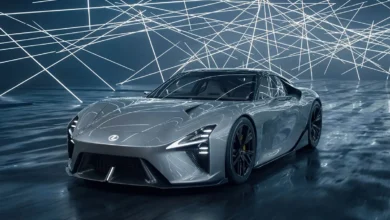
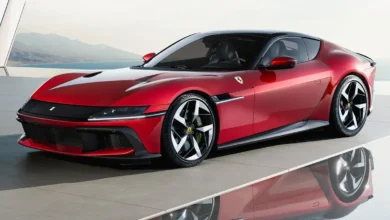
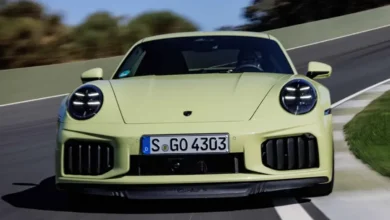
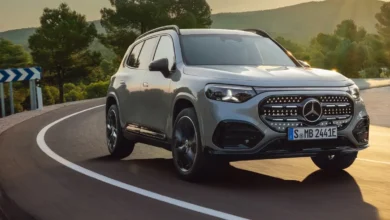
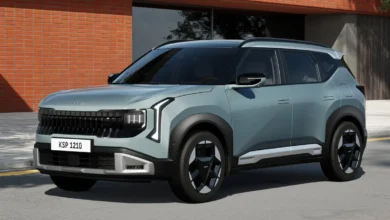
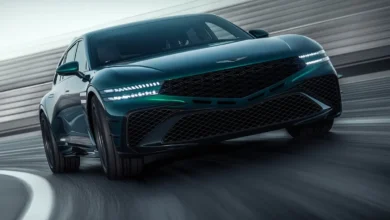
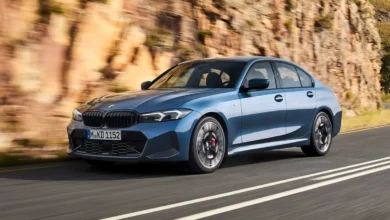
One Comment